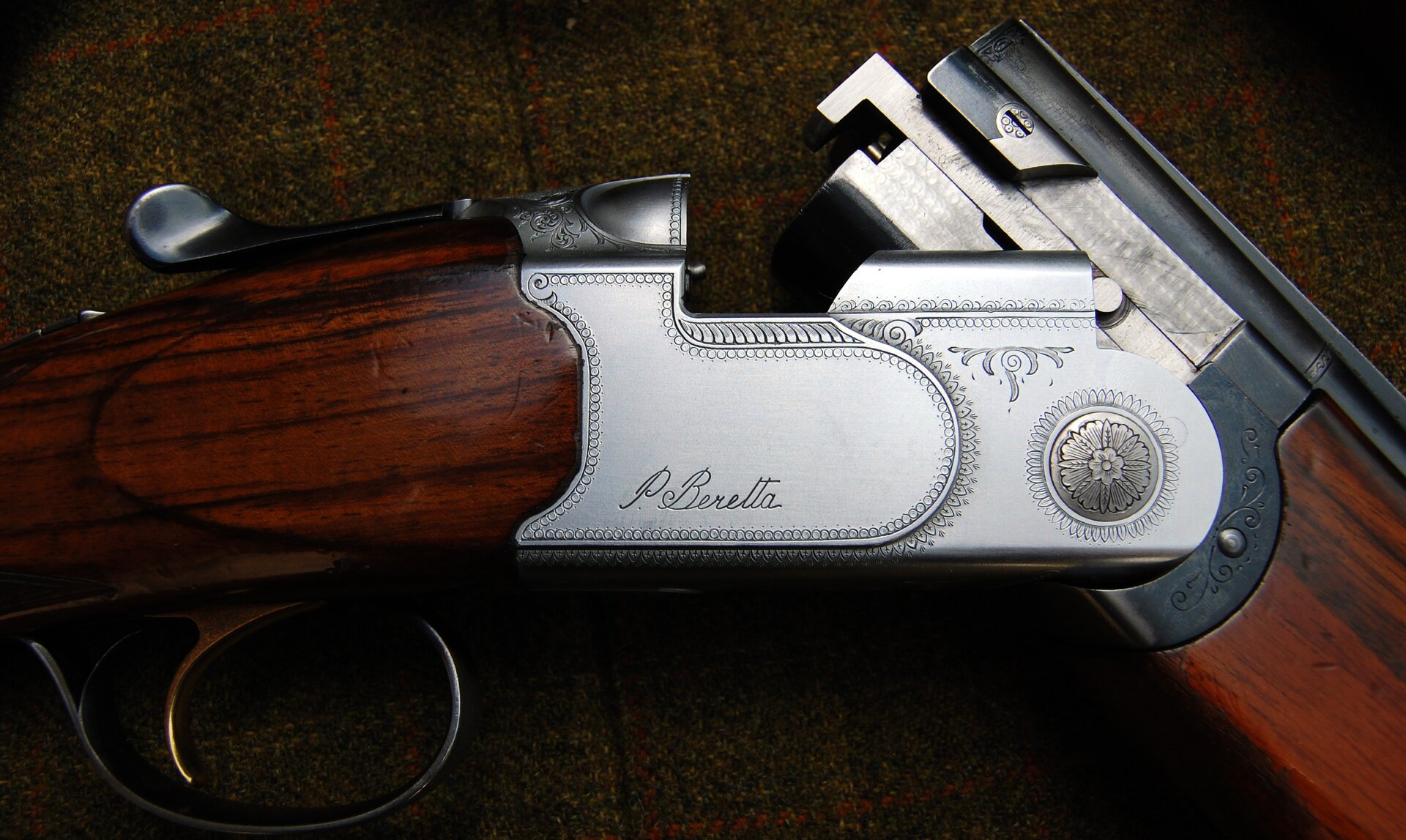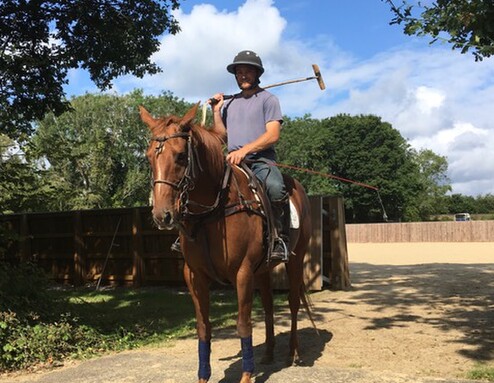Just what does it take to become a great shot? Being gifted to begin with? Hard work? Never giving up? Well, no doubt success is about all of that and more, plus one other essential ingredient — time. Now, what can Harry show us?
I would like to introduce you to Harry
Harry is an emerging superstar in the field of English Polo. Harry does not shoot. Harry has got nothing whatsoever to do with shooting. So why on earth is Harry the subject of a shooting blog? Well, if it were ever your intention to reach the top echelons of competitive shooting, you would be wise to take good notice of Harry.
Polo's punishing schedule
Harry is 23 years old and makes his living at professional polo. Harry plays throughout the English season from April through September. Harry then flips to the Southern Hemisphere where he continues to play out our winter in New Zealand. A committed and punishing schedule by any stretch; at the time of writing Harry is already into the second half of his 10 month playing stint.
Polo is notorious for its expense. The money Harry makes he earns himself, and if Harry needs more of anything he has little choice but to work harder for it. Harry is immersed in polo every waking hour — typically exercising, training, preparing, practising and playing: 6 days out of every 7. It’s full on.
The '10,000 hour rule'
Malcolm Gladwell in his 2008 book ‘Outliers’ is credited with popularising the concept of the '10,000 hour rule'. Stemming from an original study into excellence in music, the theory has it that given aptitude and through committed application, practise something for 10,000 hours and this moves anyone to the point of brilliance.
Inevitably Gladwell’s suggestion has been twisted, misquoted and tested a good deal since, but even sceptics will concede to an as yet undiminished truth at the heart of any expert endeavour — that is, practise a skill-set enough and you acquire high-end ability.
Let’s work the sums for Harry
At 8 hours/ day (undoubtedly an underestimate!) and 6 days/ week = 48 hours/ week
Let’s round that up to 50
= 200 hours in every month.
Playing 10 months (first England then New Zealand) in the year
= 2,000 hours/ year.
Applying the 10,000 hour rule, it’ll take Harry 5 years to get there. And there is little doubt surrounding the matter: Harry will get there.
What kind of commitment does it really take to get to the top?
Let us now leave the world of polo and turn to shooting.
Having skill is important, but the term ‘skill’ is often muddled with the rather more appropriate matter of aptitude. Skill is something we may arrive at — eventually. Aptitude is the potential we have to get there. So given aptitude is enough to start out toward success, how may a shot progress toward true excellence, taking the 10,000 hour rule as a guide?
Read All about Harry - Part 2 where we discuss the obstacles in getting to the top and how to transcend them.
Enjoyed this article and want to know more?
Why not contact us at Glenzier Sporting. Mike Smith has run the Whithorn shooting ground for 20 years and offers teaching lessons and gun fitting.


